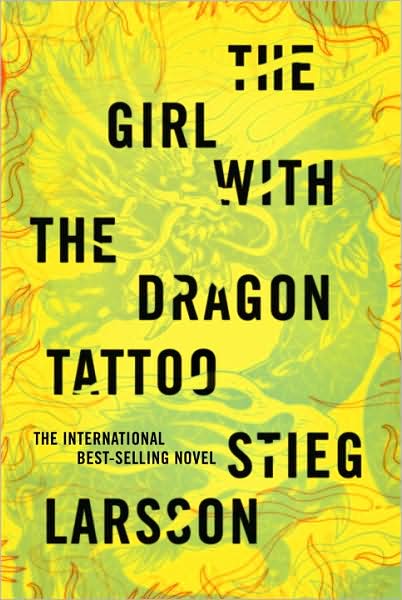A few tips to keep in mind when writing about conflict or violence:
- Characters in a crisis often observe small, random, details.
- Concrete, precise details create the effect of intensity.
 Here's an example from Jane Smiley’s novel, A Thousand Acres. A wife leaves her husband near the end of the novel, surprising herself, her husband and the reader. Notice the pedestrian, rather ordinary scene –making dinner, worrying over the stove—and how the simmering emotions are handled in a controlled, vivid, unsentimental way as they intensify and –pardon the pun—boil over:
Here's an example from Jane Smiley’s novel, A Thousand Acres. A wife leaves her husband near the end of the novel, surprising herself, her husband and the reader. Notice the pedestrian, rather ordinary scene –making dinner, worrying over the stove—and how the simmering emotions are handled in a controlled, vivid, unsentimental way as they intensify and –pardon the pun—boil over:I peeled potatoes and put them on to boil, then went out in the garden and picked some brussels sprouts off the stalk. If you leave them though the fall, through the frosts, they sweeten up. . . all my motions were familiar—running an inch of water in an old pot, piercing the bottoms of the sprouts with a fork. I turned down the heat under the potatoes. Ty cam in, stepping out of his boots and hanging his insulated coverall by the door. I said, “Supper will be ready in twenty minutes.”
“Great.”
I set the pan of sprouts over a low flame.
He finished washing his hands, dried them carefully on a dish towel, and walked out of the room. I turned don the oven to broil and bent down to see if it had lit, because sometimes the pilot light went out. I said, “One new thing we could get would be a range. This one is a menace.”
He was back in the room. He said, “I don’t necessarily think this is the right time to get a new range.”
“Well, maybe it will just blow up, then, and put us out of our misery.”
He heaved an exasperated sigh, then said, “I’ll bring the range over from your father’s place tomorrow. That’s pretty new.”
…Steam rose from the boiling potatoes and the simmering brussels sprouts. I remembered the broiler, which was now surely heated enough, and I opened the oven door and set the chops under the heat.
We were silent. The contained roar of the gas and then, a minute later, the first sizzling of meat juices, took on the volume and weight of oracular mutterings, almost intelligible. With a feeling of punching through a wall, I said, “I need a thousand dollars.”
Ty widened the opening. “I have a thousand dollars in my pocket, from the rent on my place. Fred brought it by last night, but I didn’t have a chance to put in the bank.”
I held out my hand. He took a wad of money out of his pocket. It felt large and solid in my palm, larger and solider than it was. I went to the hall tree and took down my coat and scarf, then I went to the key hook and took the keys to my car, and with the meat broiling in the oven and the potatoes and sprouts boiling on the stove, I walked out the door. When he saw, I suppose, that I really meant to get in and drive away, Ty yelled, “I gave my life to this place!”
Without looking around at him, I yelled back, “Now its yours!” The night was dark already, and moonless. I stumbled over a rut in the yard that threw me against the cold metal skin of the car. I reached for the door handle, but the money was still in my hand, so I thrust it into the pocket of my coat.
In Mason City, I ate a hot dog at the A and W.
In St. Paul, I found a room at the YWCA. They didn’t ask any questions when I didn’t write down a home address on the registration slip.






 Take
Take





















.jpg)
























